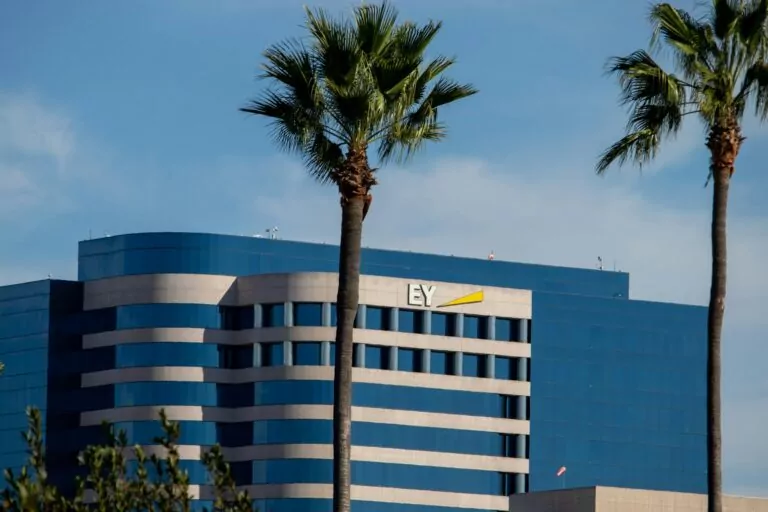EY Starts Monitoring Office Attendance for UK Staff

UK-headquartered Ernst & Young (EY), one of the Big Four accounting firms (Deloitte, PwC, EY, and KPMG), has introduced a monitoring system utilizing swipe card entry data to track the office attendance of its employees in the UK, as reported by the Financial Times.
This decision is prompted by some staff members not adhering to the firm’s hybrid work guidelines.
A group of senior partners at EY is currently reviewing swipe-card entry records, providing insights into employees’ presence at the company’s UK offices.
The anonymized “turnstile access” information is being used to ensure teams comply with EY’s hybrid working policy, requiring office attendance for at least two days per week as it has been noted that approximately 50% of certain teams are falling short of this requirement.
The data is intended to be a motivational tool rather than punitive, reflecting a broader trend among large employers grappling with office attendance rates in the era of hybrid work arrangements, accelerated by the Covid-19 pandemic.
Additional Information:
- In October 2023, the firm updated its personnel privacy notice, indicating changes in the collection and processing of swipe card entry data to oversee flexible work arrangements, including working locations. EY has not provided specifics on the data collection or its usage.
- Partners at EY have reportedly received an analysis correlating office attendance with mid-year performance ratings.
- This initiative underscores the evolving landscape of workplace monitoring and privacy concerns in the context of the ongoing shift towards flexible work models.
- Other major corporations, such as Bank of America, Citigroup, Lloyds Banking Group, and HSBC UK, have also implemented measures to monitor and regulate employees’ in-office presence.
- Leaders from various companies, including the UK head of PwC, have stressed the importance of employees returning to the office.
- A KPMG survey conducted in October 2023 revealed that more than 80% of company bosses expressed a likelihood of rewarding regular office attendance with better assignments, pay raises, or promotions.



